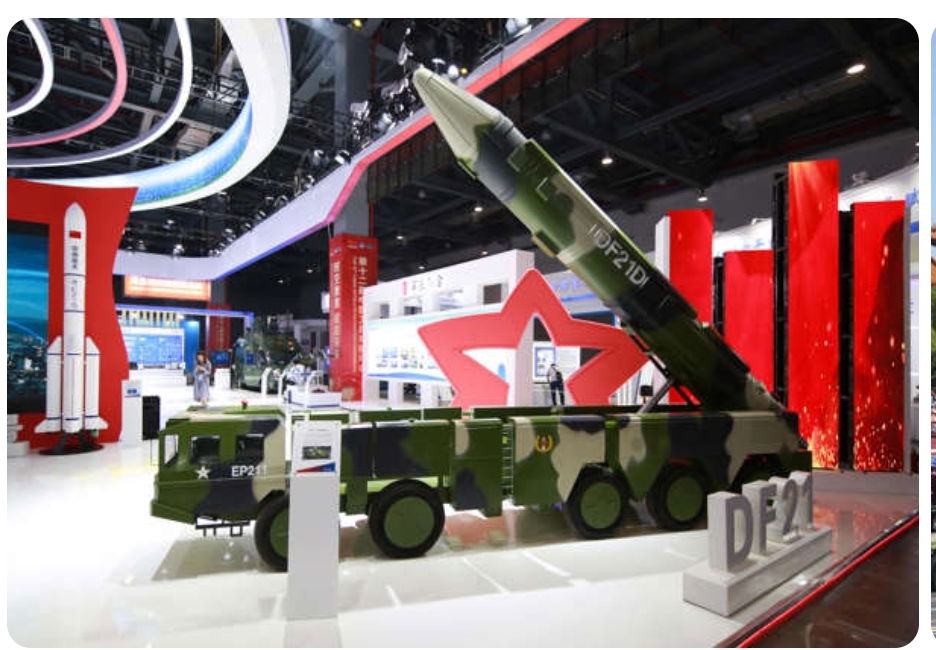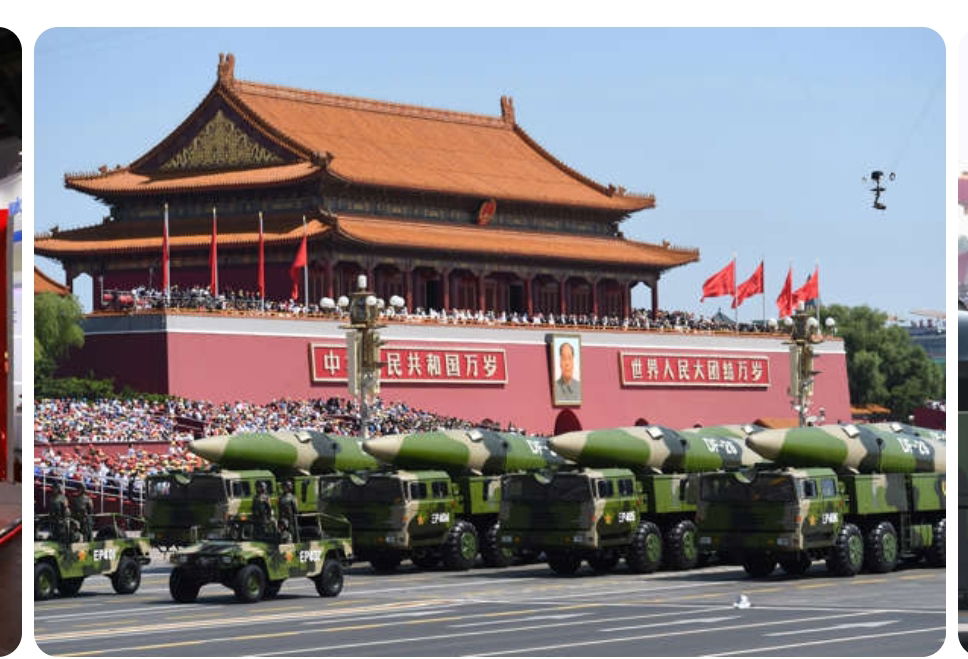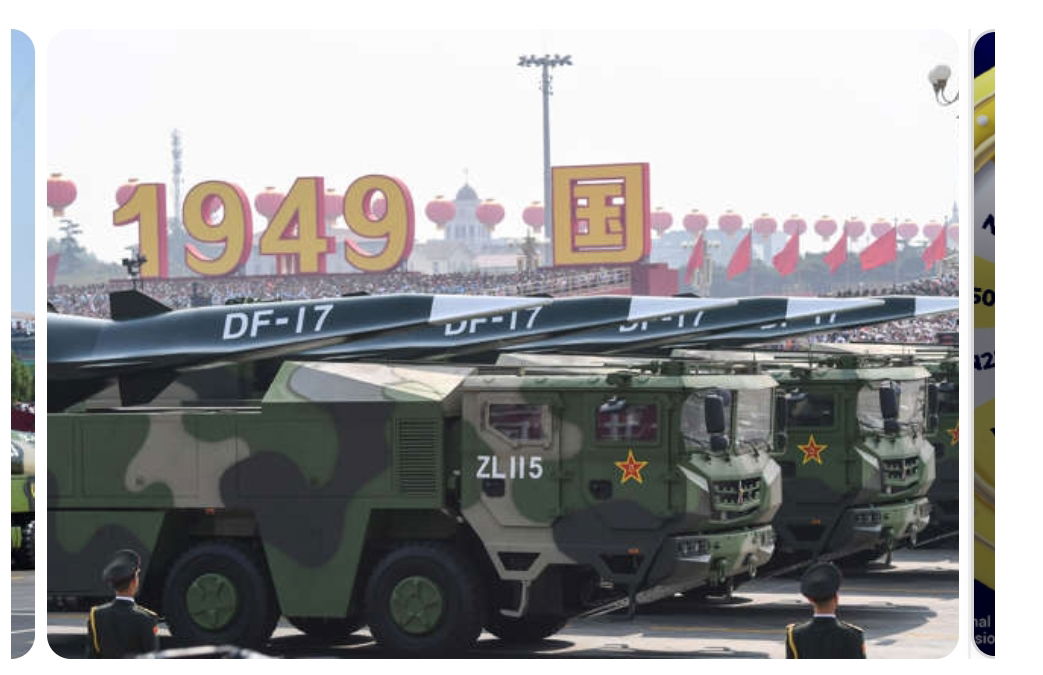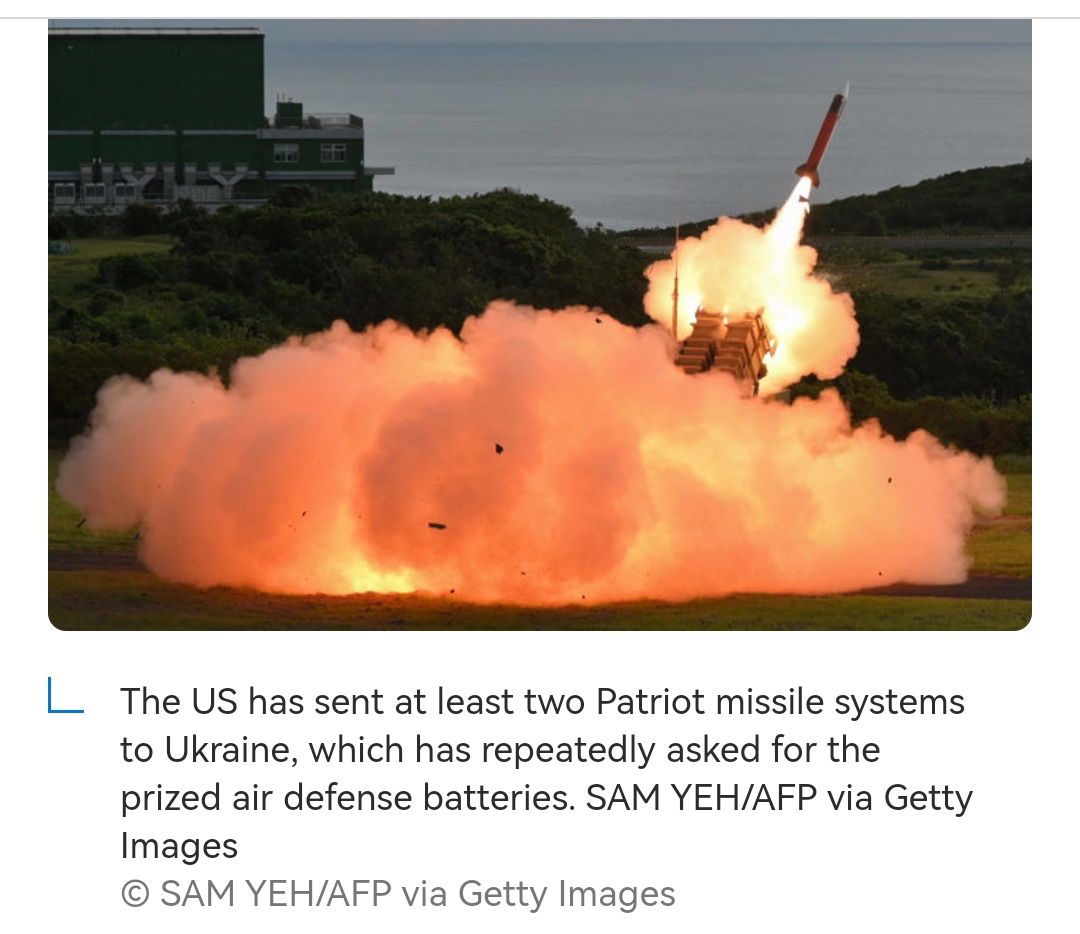US admiral says sending Israel and Ukraine weapons like Patriot missiles is eating into what's needed for countering China
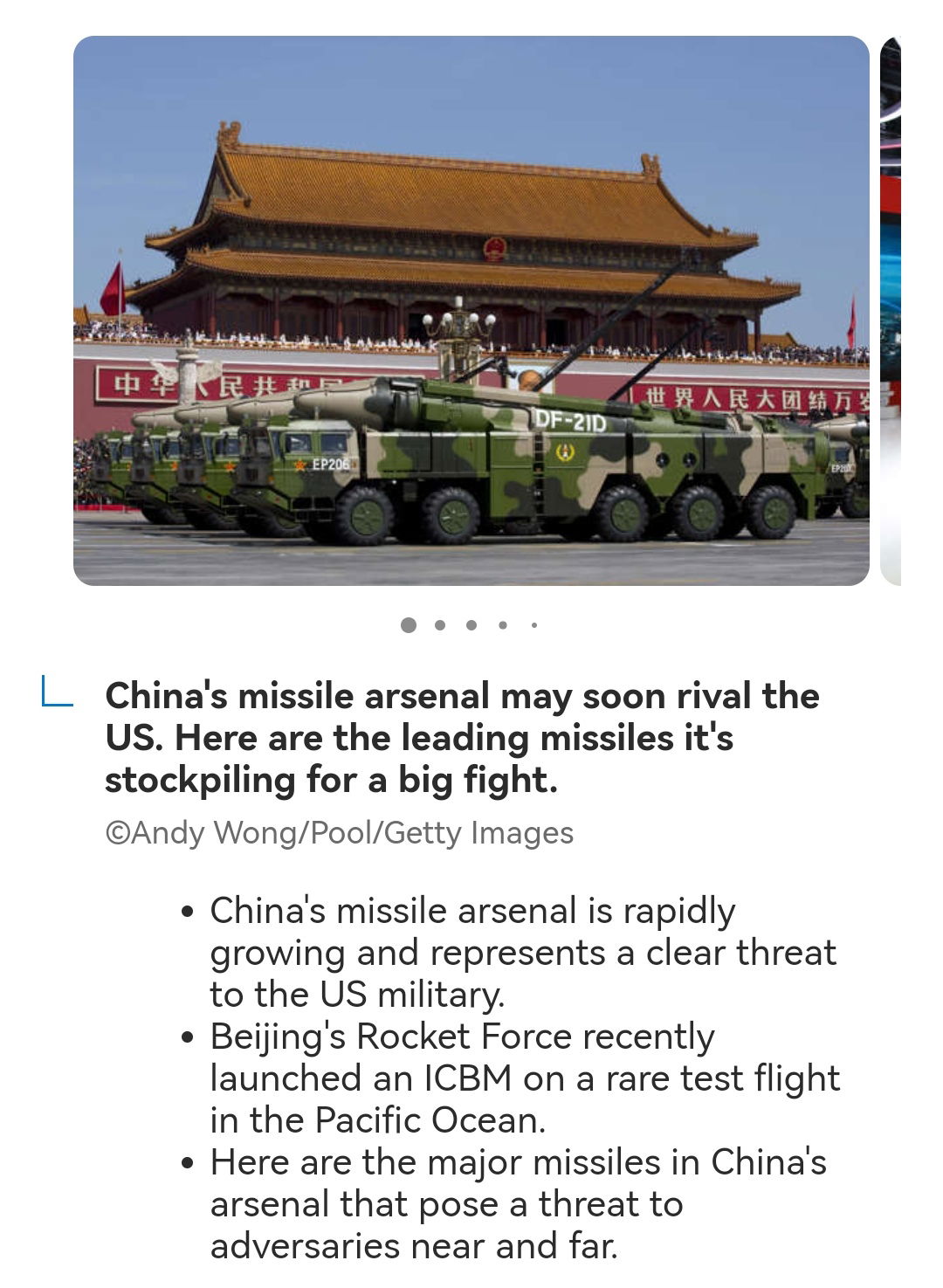
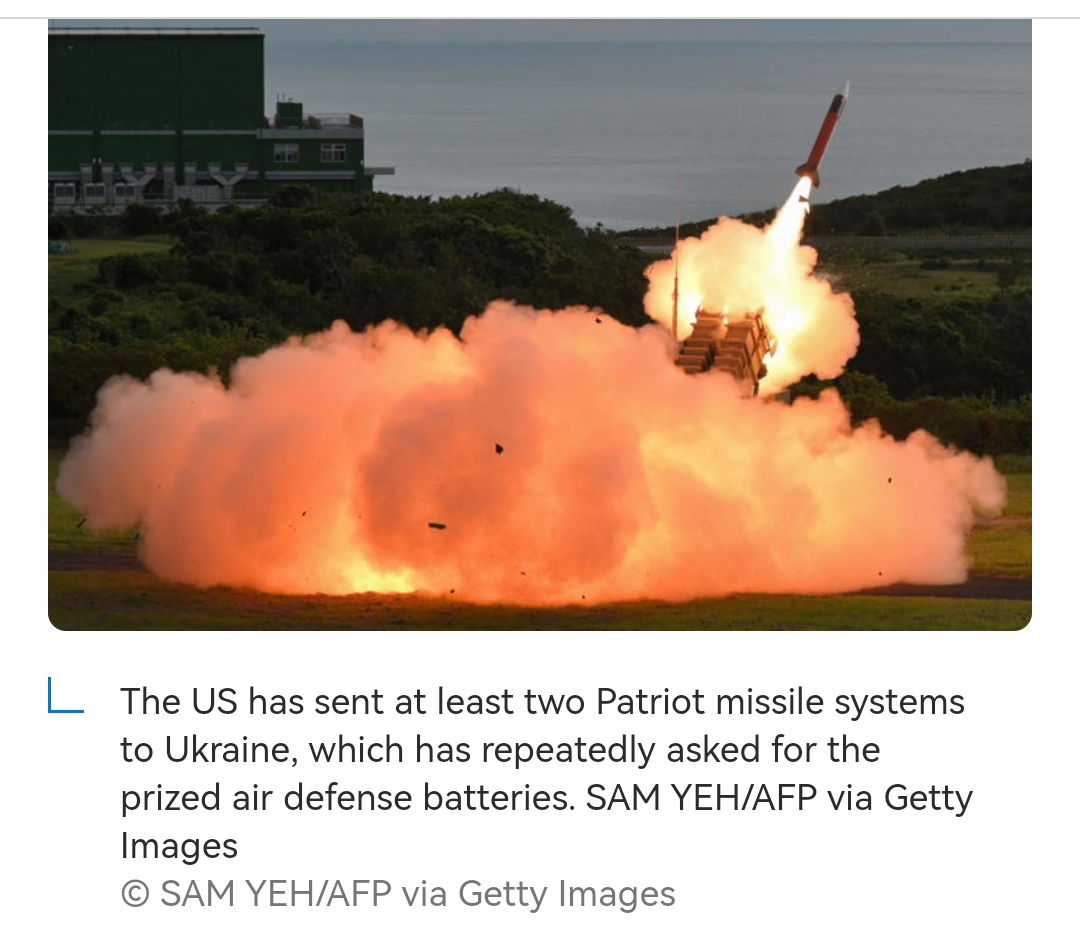
- Adm. Sam Paparo is concerned that the US is giving out vital defenses it needs to deal with China.
- "It's now eating into stocks," he said on Tuesday of advanced weapon shipments to Ukraine and Israel.
- Paparo urged the Pentagon to start replenishing those stocks and expand beyond its original inventory.
The US Navy's top commander in the Indo-Pacific raised concerns on Tuesday that the Pentagon's advanced weapons shipments to Ukraine and Israel could sap the strength it needs to deal with China.AdBlinkist: Andrew Ng's...While speaking at the Brookings Institution, Adm. Samuel Paparo said he initially hadn't been concerned with the weapons sent to the Middle East and Europe."Up to this year, where most of the employment of weapons were really artillery pieces and short-range weapons, I had said: 'Not at all,'" said Paparo, who's been commander of US Indo-Pacific Command since May.AdBlinkist: Andrew Ng's..."But now, with some of the Patriots that have been employed, some of the air-to-air missiles that have been employed, it's now eating into stocks," he added. "And to say otherwise would be dishonest."In the last year, the US has been parceling out more sophisticated systems to Israel and Ukraine from its inventory. For example, it's sent Kyiv at least two Patriot systems and an undisclosed number of missiles while deploying a Terminal High Altitude Area Defense system — one out of the six in its arsenal — in Israel.AdBlinkist: Andrew Ng's...Israel has its own Patriot systems bought from the US and has said it's retiring them in favor of a newer type of air defense.Paparo said advanced weapons aren't reserved for any particular theater of US command but that deploying them in the Middle East and Europe affects the Pentagon's worldwide "high-end capability."AdBlinkist: Andrew Ng's..."Inherently, it imposes costs on the readiness of America to respond in the Indo-Pacific region, which is the most stressing theater for the quantity and quality of munitions, because the PRC is the most capable potential adversary in the world," Paparo said, referring to the People's Republic of China.His solution is to spend more on building up US inventory."We should replenish those stocks, and then some," Paparo said. "I was already dissatisfied with the magazine depth.
I'm a little more dissatisfied with the magazine depth. You know, it's a time for straight talk."Paparo's warning echoes concerns from a formal congressional review published in July that found that US inventory may be severely lacking in scale for a war against Russia, China, or both simultaneously.In particular, the commissioners voiced a worry that the US could expend its munitions in three to four weeks, citing war games held to simulate potential battles in the Indo-Pacific.Some important ammunition like anti-ship missiles could run out in days, the review also said.Like Paparo, the review called for expanding and revitalizing US weapons production to produce higher quantities of advanced arms.Some in the Pentagon say there isn't much time left to do so. Adm. John Aquilino, Paparo's predecessor at Indopacific Command, said in March that China could be ready to invade Taiwan as early as 2027.
In January last year, US Air Force Gen. Mike Miniham told officers in a memo that he personally felt Beijing could go to war in 2025. The four-star general retired in September.The US has budgeted about $850 billion this year for defense, and observers expect costs to approach $1 trillion a year in the coming decade.Press teams for the Pentagon and Indo-Pacific Command did not respond to requests for comment sent outside regular business hours by Business Insider.
